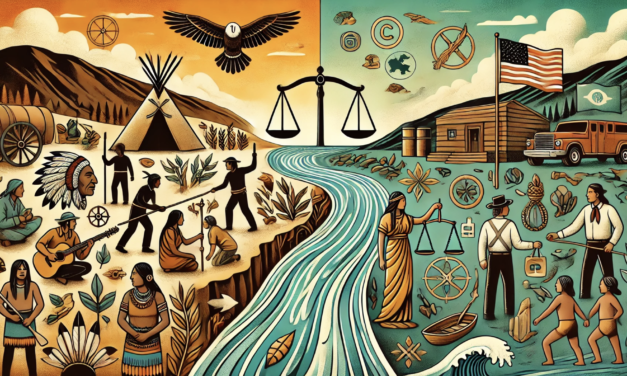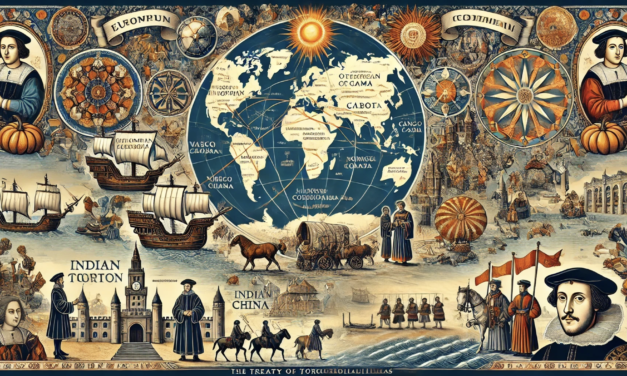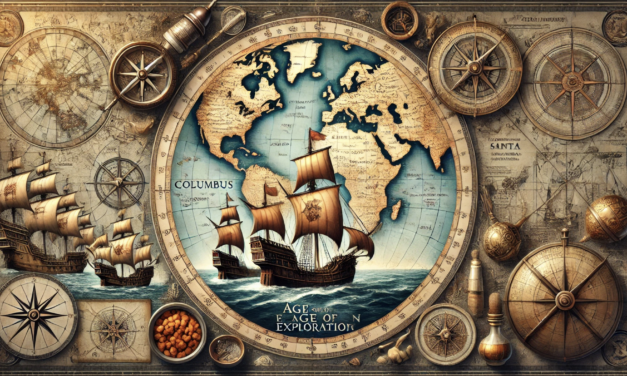What Does “Human Freedom” Really Mean?
The concept of human freedom isn’t as straightforward as it might seem. This blog post investigates some historical, philosophical, and cultural perspectives to shed light on what freedom means—and what it doesn’t mean.
Read More





